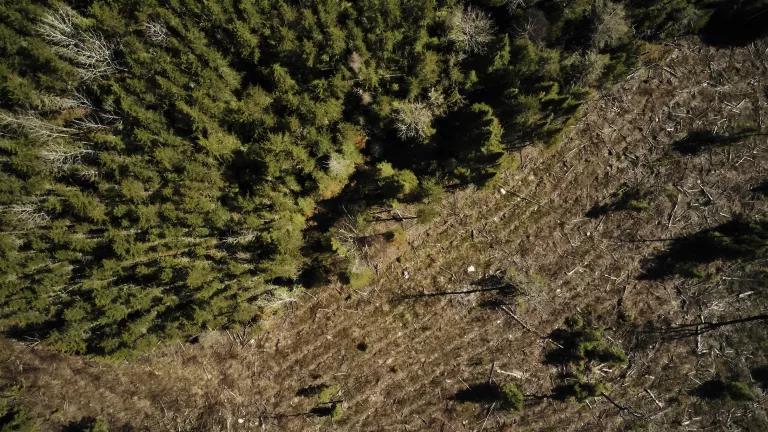The Wall Street Journal editorial of July 7, 2011 (Jobs in the pipeline) sets up jobs and energy security against protecting our air and water resources in throwing its support to TransCanada’s Keystone XL tar sands pipeline. Yet, the editorial’s support for the pipeline is based on a mirage, not on true jobs or energy security. And it barely touches on the darker side of tar sands oil: increased global warming pollution, oil spills and Boreal forest destruction. The best plan for America to achieve jobs and energy security is through investment in clean energy. Only clean energy will give us the homegrown, long-term economic prosperity, environmental safety and energy security that we need.
Instead, the proposed Keystone XL tar sands pipeline would deepen our dependence on the dirtiest oil on the planet, fuel climate change and put our water resources at risk. The pipeline would cross the Yellowstone River in the region of this week’s 42,000 gallon oil spill from an ExxonMobil pipeline. It would then cut through the heart of our largest agricultural aquifer, the Ogallala, carrying bitumen, a tar sands sludge that is far more toxic and risky to pipeline safety than the oil that has sullied the Yellowstone this week.
The U.S. already has plenty of tar sands pipeline capacity. The State Department as the agency responsible for permitting this international pipeline has shown it would be more than a decade before the Keystone XL pipeline would do more than shift tar sands oil from its current destination in the Midwest to the Gulf coast. Far from helping America relieve high gas prices, this move could actually raise Midwestern gas prices.
A pipeline to the Gulf coast also provides the oil industry their first major deepwater port for tar sands oil which is currently land-locked in Alberta. Once it reaches the Gulf, it is up to the oil companies whether to export the oil or keep it for U.S. markets. Economic analysis is already pointing towards the oil companies taking advantage of the Texas ports for international export. The State Department’s own analysis finds that Keystone XL tar sands will not replace Middle Eastern oil in the United States – only a move to clean energy is likely to do that.
The tar sands pipeline does no better on jobs than it does on our environment and pipeline safety. The State Department’s own study finds the pipeline company overstated the number of jobs it would create – by a factor of 13. In fact, a close look at the TransCanada pipeline company claims regarding jobs shows a series of disclaimers that their information is “subject to important risks and uncertainties” and that “actual results or events may differ from those predicted in these forward-looking statements.” The TransCanada predictions are a pretty shaky basis for the economic prosperity scenario put forward by the Wall Street Journal.
To gain economic prosperity what we need is stronger investment in clean energy. A University of California at Berkeley study found that clean energy could mean more than 200,000 new jobs just in the same corridor through which the Keystone XL tar sands pipeline would run. Overall, the U.S. could gain 918,000 to 1.9 million jobs, and household income could grow by $488 to $1,176 by 2020 with a comprehensive energy and climate policy. Pipeline jobs are largely temporary so these jobs would surely be more welcome.
The proposed Keystone XL tar sands pipeline is about what is best for oil companies, not what is best for the American people. Rather than using the oil industry’s trumped up claims regarding jobs and security and basing support for the pipeline on a mirage, we should look all the facts clearly in the face and acknowledge that the path for economic prosperity and energy security lies in homegrown clean energy, not in a risky, expensive and dirty source of oil such as tar sands.
To let the State Department know that you oppose the Keystone XL tar sands pipeline, you can take action at www.stoptar.org



